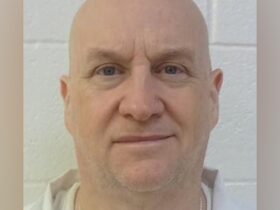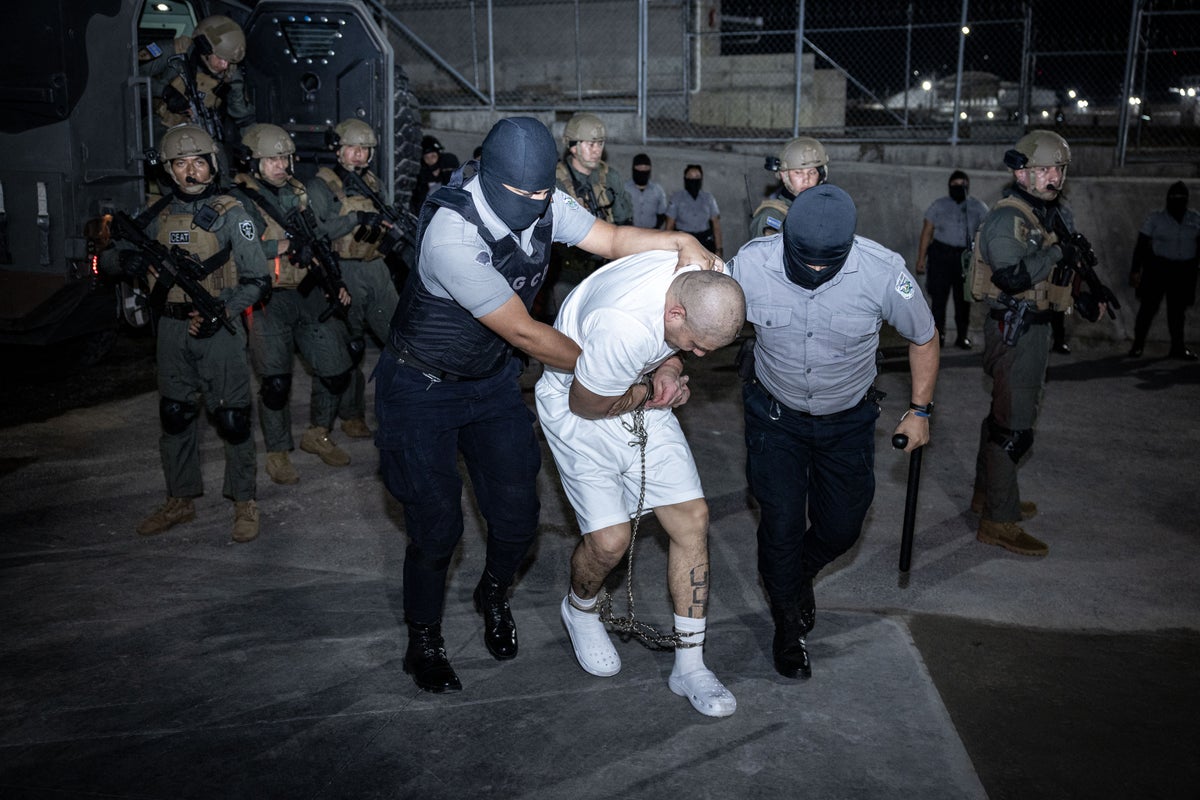Your support helps us to tell the story
From reproductive rights to climate change to Big Tech, The Independent is on the ground when the story is developing. Whether it’s investigating the financials of Elon Musk’s pro-Trump PAC or producing our latest documentary, ‘The A Word’, which shines a light on the American women fighting for reproductive rights, we know how important it is to parse out the facts from the messaging.
At such a critical moment in US history, we need reporters on the ground. Your donation allows us to keep sending journalists to speak to both sides of the story.
The Independent is trusted by Americans across the entire political spectrum. And unlike many other quality news outlets, we choose not to lock Americans out of our reporting and analysis with paywalls. We believe quality journalism should be available to everyone, paid for by those who can afford it.
Your support makes all the difference.
Donald Trump’s use of an 18th century law to summarily deport dozens of Venezuelan immigrants who never got a chance to challenge their removal was like something from a surreal Franz Kafka story, a federal judge wrote on Wednesday.
The Trump administration “plunged” those men into a brutal Salvadoran prison after swiftly deporting them from a detention center in Texas on March 15 — despite a “mandate” from District Judge James Boasberg that was “ignored,” the judge wrote.
Following a lengthy court battle, Boasberg gave the government one week to explain how officials will “facilitate” giving all 137 of those men a chance to challenge their removals in court.
The judge’s order opens with an extended riff on Kafka’s novel The Trial, in which protagonist Josef K. is arrested and prosecuted without knowing by whom or for what reason.
“In our nation — unlike the one into which K. awakes — the government’s mere promise that there has been no mistake does not suffice,” Boasberg wrote. “Any government confident of the legal or evidentiary basis for its actions has nothing to fear from that requirement. It is, after all, ‘central to our system of ordered liberty.’”
Nearly two months after deporting dozens of Venezuelans to a notorious Salvadoran prison, the Trump administration is embroiled in courtroom battles across the country — and at the nation’s highest court — following challenges to the president’s use of the Alien Enemies Act to rapidly deport alleged Tren de Aragua gang members.
In his proclamation invoking the Alien Enemies Act, Trump stated that “all Venezuelan citizens 14 years of age or older who are members of [Tren de Aragua], are within the United States, and are not actually naturalized or lawful permanent residents of the United States are liable to be apprehended, restrained, secured, and removed as Alien Enemies.”
But government officials later admitted that “many” of them did not have criminal records, and attorneys and family members say their clients and relatives — some of whom were in the country with legal permission and have upcoming court hearings on their asylum claims — have nothing to do with Tren de Aragua.
The Supreme Court has issued several orders stemming from those cases.
Justices agreed that the president could rely on the centuries-old wartime law to remove immigrants from the country — provided they first have an opportunity to challenge those claims in court — and then temporarily blocked the government from deporting another group of Venezuelans in Texas while their lawyers scrambled to challenge the allegations against them.
Last month, the justices 7-2 decision states that the immigrants detained in Texas under the Alien Enemies Act must have “sufficient time and information to reasonably be able to” get in touch with lawyers and file legal challenges.
Lawyers for immigrants detained in El Salvador’s notorious CECOT prison argued for class-action relief, which would allow all the men deported to the jail under the Alien Enemies Act a chance to challenge the allegations against them.
“In short, the government must facilitate the Class’s ability to seek habeas relief to contest their removal under the Act,” Boasberg wrote. “Exactly what such facilitation must entail will be determined in future proceedings.”
Boasberg says he is “mindful” that those proceedings could “implicate sensitive diplomatic or national-security concerns” after furious objections from the president and Secretary of State Marco Rubio, who has fought to conceal discussions with the Salvadoran government about jailing deportees from the courts.
But the government “also has a constitutional duty to provide a remedy that will ‘make good the wrong done,’” according to Boasberg.
This is a developing story
















Leave a Reply